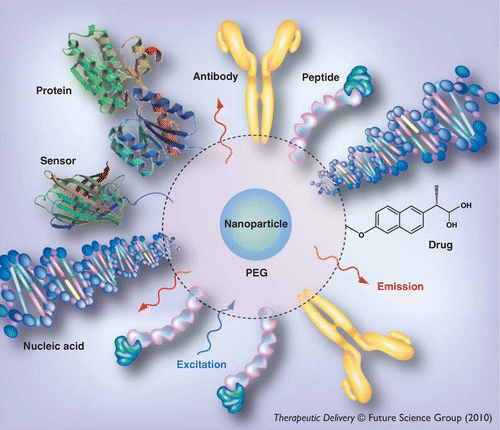What Kind of Product Is Peptide Library Screening
Advanced peptide library screening is a technique used to discover bioactive peptides, usually consisting of a large number of chemically synthesized peptide sequences.
First, advanced Peptide library screening consists of peptides, each of which has a different amino acid sequence and length. These peptides are typically prepared by solid-phase synthesis and assembled into a library in a high-throughput manner.
Second, the library may also include different modifications, tags, or conformational variants to provide broader coverage and analysis of specific biological activities.
Finally, advanced Peptide library screening products are usually equipped with corresponding experimental protocols and analytical tools to screen the peptides in the library and evaluate their activity and function through various biological, biochemical, or cellular experiments.
Through advanced Peptide library screening, researchers can efficiently screen candidate peptides with specific biological activities from a large number of possible peptide sequences. These biological activities may span areas as diverse as drug discovery, the study of biomolecular interactions, and the development of therapeutic peptides.
In addition, Peptide library screening can also be used to analyze the interactions between protein-protein, protein-nucleic acid and other biomolecules, thereby gaining an in-depth understanding of the regulatory mechanism of biological processes.
Overall, advanced Peptide library screening products provide researchers with an efficient, flexible, and customizable method for exploring and discovering biologically active peptide sequences, thereby driving research and innovation in the life sciences.


评论
发表评论